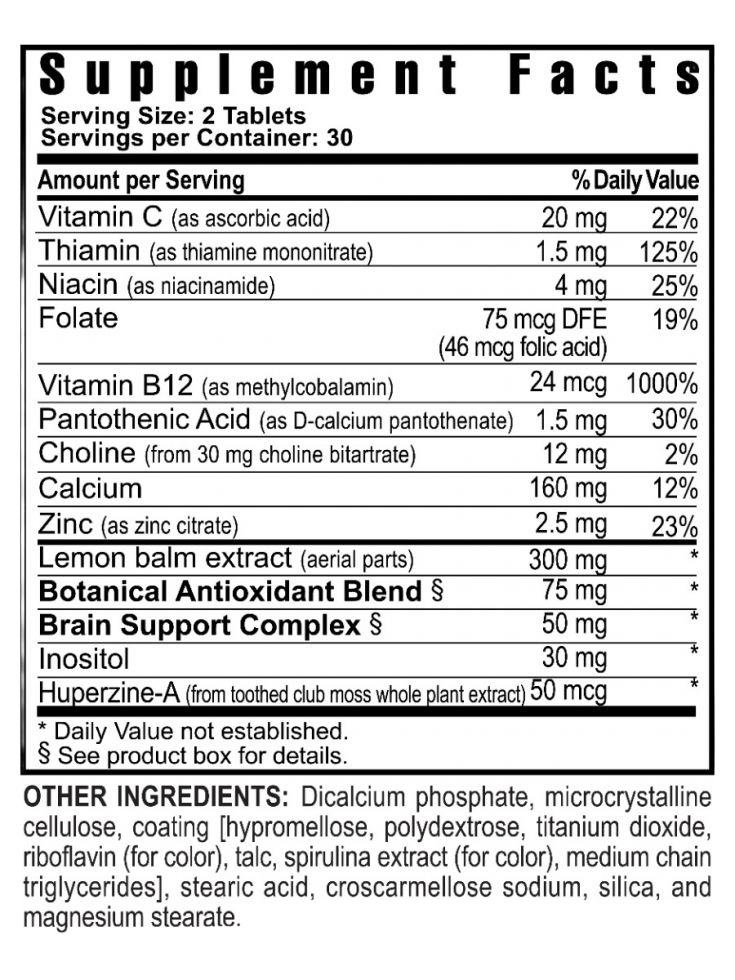Brain fog is not a medical condition but a symptom characterized by feelings of mental confusion, forgetfulness, and a lack of focus and mental clarity. It's like a cloud that affects your ability to think clearly.
What Does Brain Fog Feel Like?
People experiencing brain fog often describe it as feeling mentally fuzzy, spaced out, or having difficulty focusing. You might find yourself:
- Struggling to find the right words in conversation
- Having trouble concentrating on tasks
- Forgetting what you were doing mid-task
- Feeling mentally exhausted despite adequate rest
- Taking longer to process information
Brain Fog Causes
There are numerous potential causes of brain fog, including:
- Stress and anxiety: Mental strain can significantly impact cognitive function
- Poor sleep: Sleep deprivation affects mental clarity and processing
- Nutritional deficiencies: Lacking certain vitamins and minerals essential for brain health
- Hormonal changes: Fluctuations during pregnancy, menopause, or thyroid conditions
- Medical conditions: Including autoimmune disorders, diabetes, and fibromyalgia
- Medications: Some medications have cognitive side effects
- COVID-19: Many people report brain fog as part of "long COVID" symptoms

COVID Brain Fog
One of the most discussed causes of brain fog recently has been COVID-19. Studies have shown that approximately 20-30% of COVID patients experience cognitive symptoms after recovery, even from mild cases. COVID brain fog can persist for months and may include symptoms like memory problems, difficulty concentrating, and mental fatigue.1















